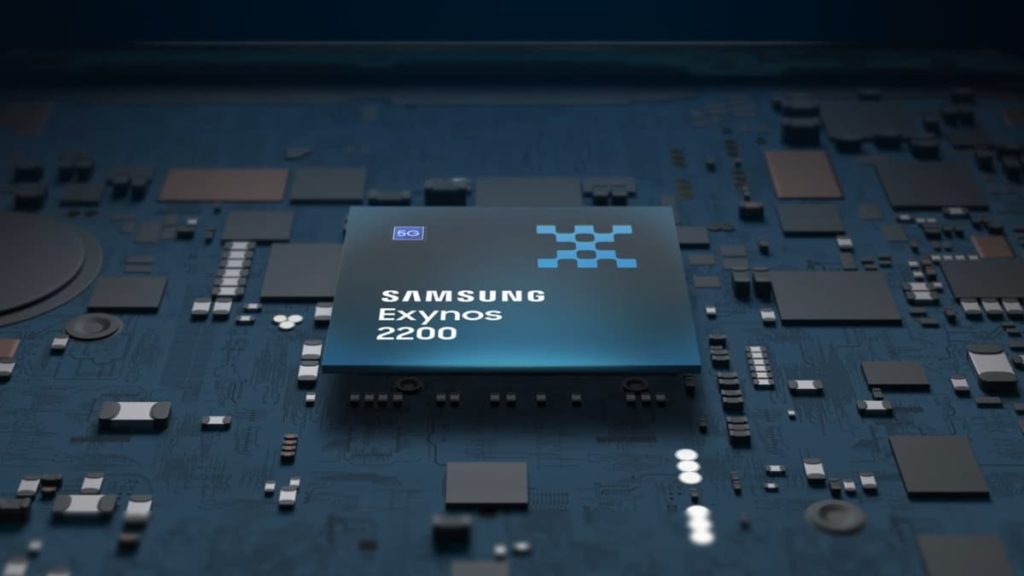- Joined
- May 6, 2019
- Messages
- 12,595
- Points
- 113
Image: Samsung
The first compute benchmark results for Samsung’s upcoming Exynos 2200 mobile processor with AMD RDNA 2 graphics have hit Geekbench 5, providing a glimpse of the new SoC’s potential performance for the next Galaxy devices.
According to the results that were spotted by Tom’s Hardware, Samsung’s Exynos 2200 chip will eloquently outperform Qualcomm’s Snapdragon 888, an SoC that’s used in phones such as Samsung’s Galaxy Z Flip3 5G, but fall behind Apple’s A15, the chip that powers the iPhone 13 lineup and 2021 iPad Mini. Samsung’s Exynos 2200 with RDNA 2-based “Xclipse” GPU managed a total score of 9143 in the benchmark, while Qualcomm’s Snapdragon 888 and Apple’s A15 managed scores of 4853 and 14665, respectively.
Mobile SoCs in Geekbench 5 Compute Benchmark
Exynos 2200 | Xclipse 920 384 SPsSnapdragon 888 | Mali-G76 12-clustersA15 | 5 GPU clustersTotal...
Continue reading...
